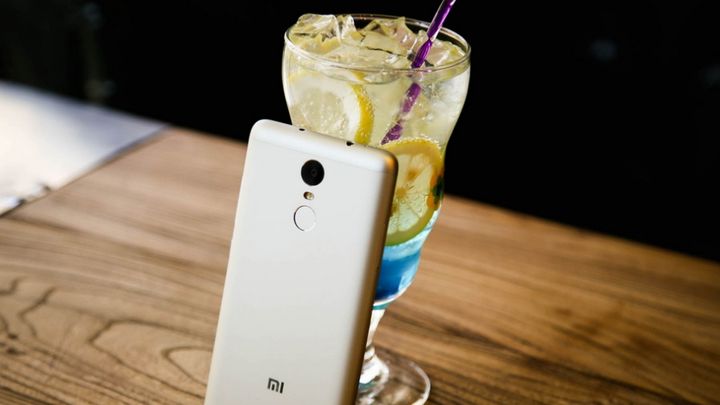Smartphone Will Check Whether We're Drunk?
Researchers from Stanford University and the University of Pittsburgh are working on a technology to detect the state of alcoholic intoxication by analyzing the way a smartphone user moves.

IN A NUTSHELL:
- Researchers from two American universities are working on an app that will allow the smartphone to check whether its owner hasn't drunk too much;
- The app uses an accelerometer - it checks the way the tested person moves;
- In 92% of cases, the software managed to detect the state of alcoholic intoxication;
- More research is needed.
A group of researchers from Stanford University and the University of Pittsburgh is working on a software program that will enable a smartphone to detect if its owner has had too much alcohol. Information about the app was published in the Journal of Studies of Alcohol and Drugs.
Interestingly, the app doesn't use any special sensors. Just an accelerometer to analyze the way a person moves. In 92% of cases, the program has successfully detected the state of alcoholic intoxication (above 0.08 per mil alcohol in exhaled air). It is worth noting that the test group was rather limited - it consisted of 17 people (12 men and 5 women).
The researchers' approach is more effective than some other ideas - such as trying to count drinks - because individual characteristics such as weight or alcohol tolerance can significantly influence how fast a person gets drunk. The study confirmed that an accelerometer on the phone can detect a correlation between the way we move and the level of alcohol in our blood and the air we breathe out.
The initiators of the project admit that confirming their discoveries requires additional research. There are also a number of additional issues that need to be taken into account - for example, analyses are currently underway to see if holding the smartphone in our hand or pocket is enough to take a reading (and if changing its position may influence the data). The first applications to benefit from these discoveries may come to market next year.
0
Latest News
- Is Roblox shutting down on January 1? The rumor is back again, but let’s take a look at whether there’s any truth to it this time
- Studio responsible for GTA 6 is in serious trouble. British government announces investigation against Rockstar after controversial layoffs
- Interest in Clair Obscur: Expedition 33 has exploded once again thanks to The Game Awards 2025. There's at least two pieces of evidence to prove it
- After nearly 30 years, Ghost of Yotei's devs must start a new chapter. Brian Fleming's days at Sucker Punch are numbered
- Baldur's Gate 3 sales aren't slowing down even for a moment. Swen Vincke gave a new, round figure

